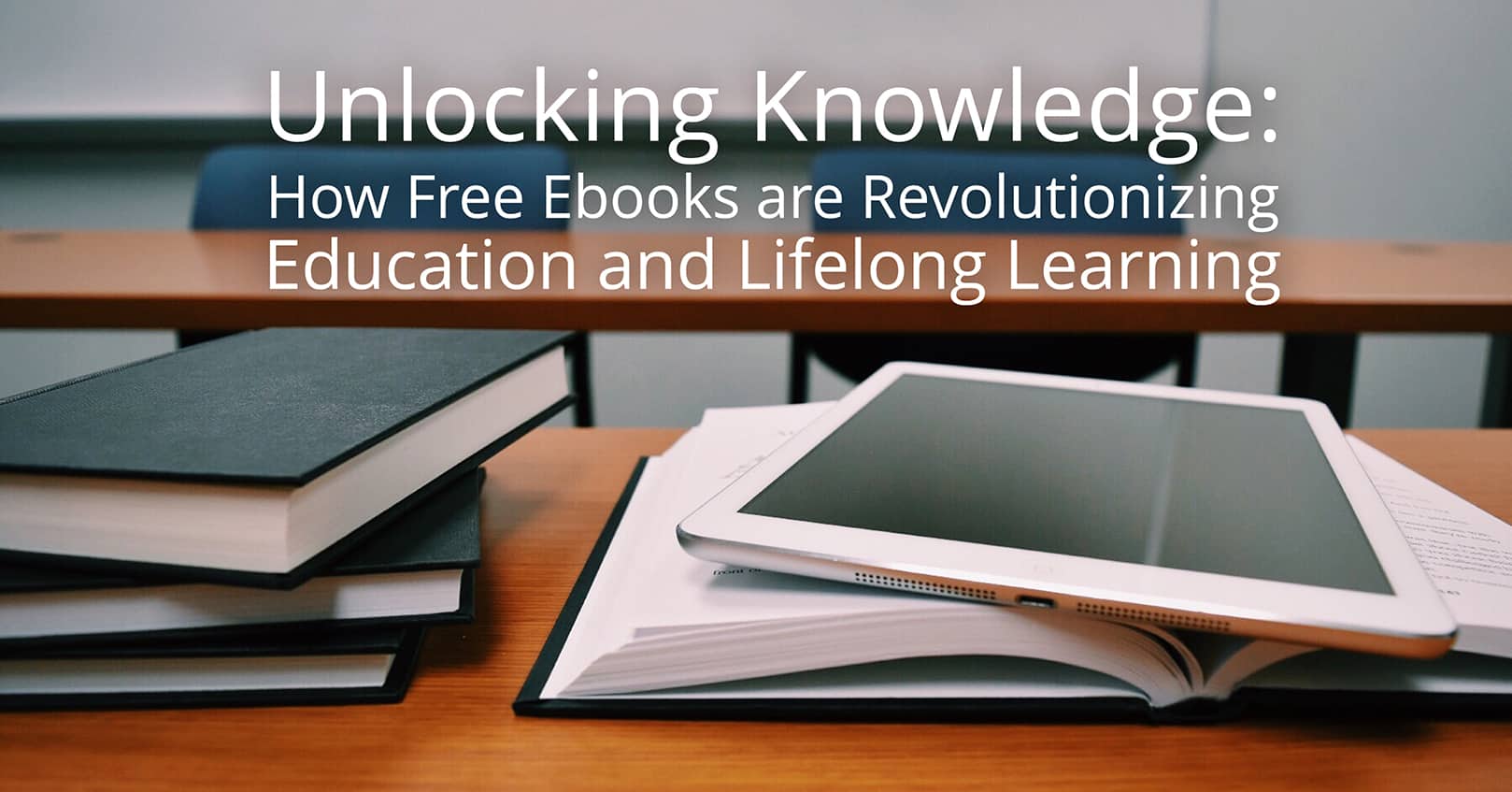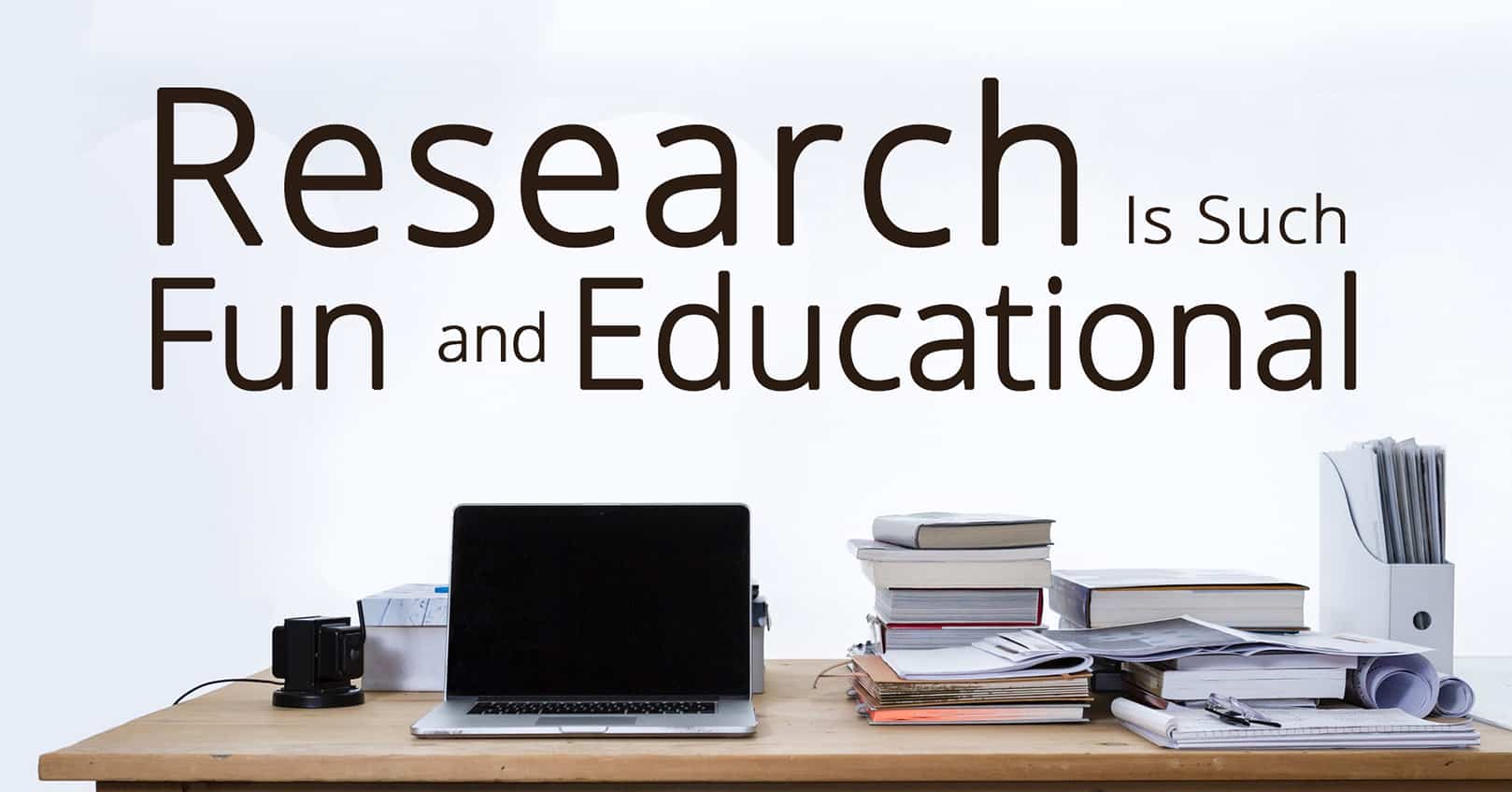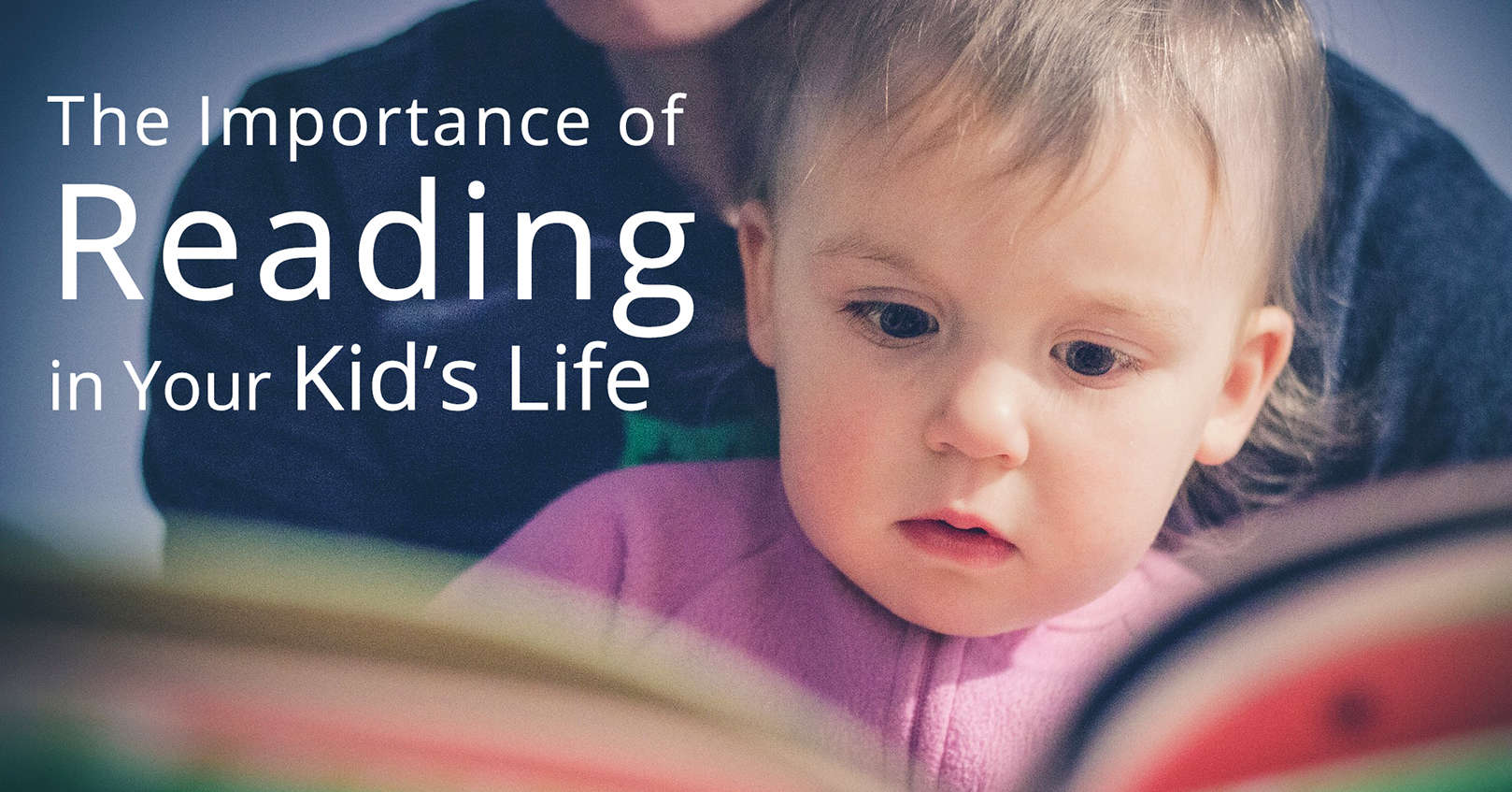
The impact of free ebooks on the field of education and the pursuit of lifelong learning is incredible. They have revolutionized access to knowledge, expanded educational opportunities, and empowered individuals to engage in continuous learning, from college students looking to save money to teachers being able to secure materials for an entire class to self-learners looking to improve their knowledge and acquire new skills. Free ebooks are for everyone and everyone can benefit from having access to them. However, there’s so much more to free ebooks than simply having free books.
Let’s explore how free ebooks have become valuable resources for professionals seeking to upgrade their skills, individuals pursuing personal interests, and lifelong learners who embrace the joy of continuous intellectual growth.
The Transformative Impact of Free Ebooks on the Field of Education and the Pursuit of Lifelong Learning
The transformative impact of free ebooks on the field of education and the pursuit of lifelong learning is profound and far-reaching. Students not only are able to acquire textbooks and other educational resources more easily, but also are able to navigate those resources easier as well. These benefits also come with a decreased cost typically, which every starving student greatly appreciates.
Here are just a few of the benefits of free ebooks in the field of education:
1. Accessibility: Free ebooks have revolutionized access to knowledge by removing financial barriers. They provide an equal opportunity for learners of all ages and backgrounds to access educational resources without the need to purchase expensive textbooks or reference materials. This accessibility has democratized education, enabling individuals from diverse socioeconomic backgrounds to pursue their educational goals.
2. Affordability: Free ebooks significantly reduce the financial burden on students and lifelong learners. By eliminating the cost of purchasing physical books or subscribing to expensive online resources, free ebooks make education more affordable and sustainable. This affordability allows individuals to allocate their resources to other educational expenses or pursue additional learning opportunities.
3. Flexibility and Convenience: Free ebooks offer flexibility and convenience in learning. With digital reading platforms, learners can access educational materials anytime, anywhere, using a variety of devices such as e-readers, tablets, or smartphones. This flexibility allows for self-paced learning, personalized study plans, and the ability to integrate learning into busy schedules. Not to mention lighter backpacks.
4. Wide Range of Topics and Genres: Free ebooks cover an extensive range of subjects, genres, and interests. They span from academic textbooks and classic literature to self-help guides, industry-specific resources, and niche topics. This caters to a broad spectrum of readers, enabling them to explore their passions, expand their knowledge base, and engage in interdisciplinary learning.
5. Diverse Learning Resources: From textbooks to scholarly articles, open educational resources, and educational websites, learners have access to a wealth of information and perspectives. This diversity of resources enables learners to explore their interests, engage with different learning styles, and delve deeper into specific topics. They are not limited only to texts selected for them; they are able to further explore subjects and viewpoints as they desire.
6. Global Availability: Free ebooks are accessible worldwide. This global availability means that individuals from remote areas, underprivileged communities, or regions with limited access to physical libraries can now tap into a wealth of knowledge. It opens up opportunities for people who might otherwise be cut off from educational resources.
7. Interactive and Engaging Learning Experience: Many free ebooks offer interactive features, multimedia elements, and adaptive learning platforms. These features enhance the learning experience by providing opportunities for active engagement, interactivity, and multimedia-rich content. Interactive quizzes, simulations, and multimedia resources make learning more engaging, enjoyable, and effective.
8. Self-Directed Learning: Free ebooks empower individuals to engage in self-directed learning and take control of their educational journey. Learners can choose the subjects they want to explore, access relevant resources, and set their own pace of learning. This flexibility fosters a sense of autonomy and ownership over the learning process, encouraging individuals to pursue education in areas that interest them the most.
9. Instant Access: With free ebooks, knowledge is just a few clicks away. Digital platforms and online libraries allow users to download or access ebooks instantaneously, eliminating the need to wait for physical copies to be delivered or navigate the constraints of operating hours. This instant access provides immediate gratification and fosters a culture of continuous learning.
10. Supplemental Resources: Free ebooks serve as valuable supplemental resources for formal education. They can enhance traditional classroom learning by providing additional reference materials, alternative perspectives, and in-depth content on specific topics. Learners can access supplementary materials to reinforce their understanding, conduct research, or explore areas beyond the scope of their formal curriculum, enriching their educational experience.
11. Professional Development: Free ebooks serve as excellent resources for professional development. They offer insights, guidance, and practical knowledge in various domains, allowing individuals to enhance their skills, stay updated with industry trends, and expand their career prospects. Continuous learning through free ebooks can contribute to professional growth and advancement.
12. Collaborative Learning and Knowledge Sharing: Free ebooks often form part of open educational resources. They encourage collaboration and knowledge sharing among learners and educators. Through online platforms and communities, individuals can engage in discussions, share insights, and learn from each other’s experiences.
13. Lifelong Learning Opportunities: Free ebooks promote lifelong learning by providing continuous access to educational resources. Whether individuals seek to acquire new skills, explore personal interests, or stay informed about the latest advancements in their field, free ebooks offer a wealth of materials for lifelong learners. This access to knowledge empowers individuals to adapt to changing career demands, pursue personal growth, and embrace lifelong intellectual curiosity.
14. Access to New Editions and Updated Information: When you purchase a physical book, you’re not usually able to trade it in for the newest version when it comes out. But with ebooks, the latest edition may be no more than a click of a button away. Many textbook publishers will send out new versions of their ebooks when new editions are published, or make new chapters available independently so that you always have access to the latest information.
15. Open Educational Resources (OER): Free ebooks often fall under the category of Open Educational Resources (OER), which are freely accessible and openly licensed educational materials. OER promote collaboration, sharing, and adaptation of content, fostering a culture of knowledge exchange and collaboration among educators and learners. This not only enhances access to information but also encourages the creation of innovative and localized educational resources.
By expanding educational opportunities through affordability, global access, diverse learning materials, and self-directed learning, free ebooks have transformed the educational landscape. They have empowered individuals to pursue education on their own terms, facilitated lifelong learning, and provided avenues for personal and professional growth. Free ebooks have not only increased access to education but have also fostered a culture of continuous learning and knowledge sharing, ultimately creating a more inclusive and equitable educational environment.
Have you seen free ebooks or educational resources used in your schools? Do you take advantage of free ebooks for your own learning? Share with us in the comments below!
Happy reading.
















Comments